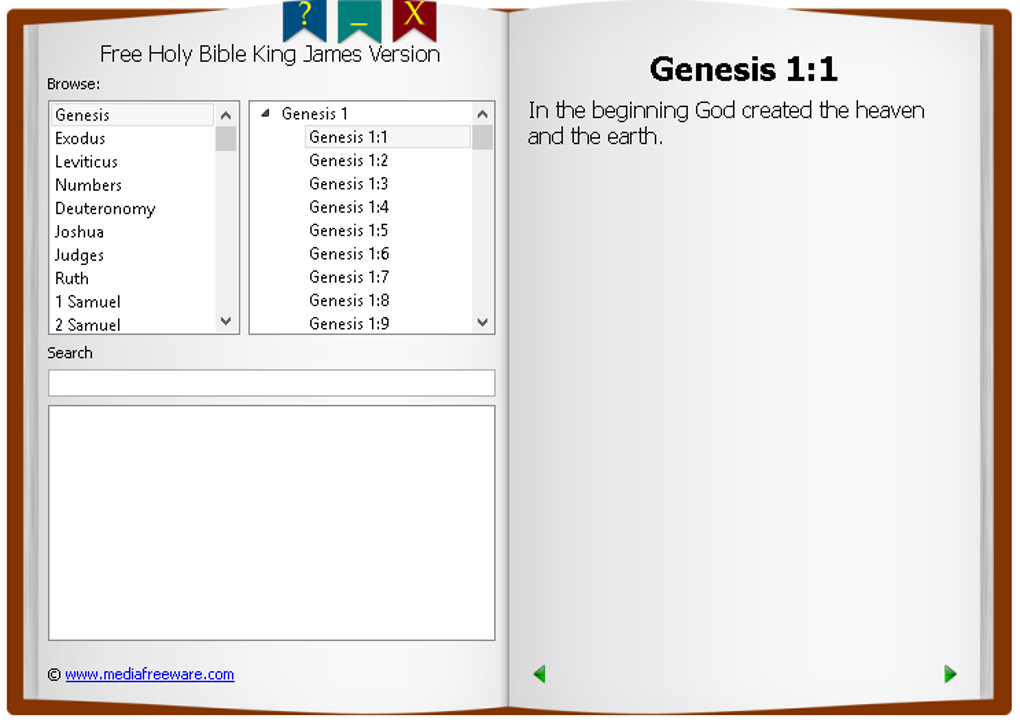The King James Bible (KJV), also known as the King James Version, holds a unique and enduring place in the history of English literature and Christian faith. Commissioned in 1604 and completed in 1611, this translation of the Christian Bible has profoundly shaped not only religious practice but also the English language itself. Its influence resonates even today, centuries after its publication, making it a subject of ongoing study and fascination. This exploration delves into the history, impact, and enduring legacy of the KJV, examining its lasting influence on language, culture, and religious life.
The Genesis of a Masterpiece: Historical Context and Creation
The KJV’s creation wasn’t a spontaneous event but rather the culmination of complex political and religious currents within 17th-century England. King James VI of Scotland, who later became King James I of England, played a pivotal role. His ascension to the English throne in 1603 united the two kingdoms and created a pressing need for religious unity. At the time, the Church of England was divided by internal disputes and competing translations of the Bible, including the Geneva Bible (favored by Puritans) and the Bishops’ Bible (used in the Church of England). James, seeking to establish a unified and authoritative English translation, commissioned a new version in 1604.
The translation process involved a team of 47 scholars, representing a broad spectrum of theological perspectives within the Church of England. These scholars worked in six separate groups, each responsible for translating a portion of the Bible. Their approach involved a meticulous comparison of Hebrew and Greek texts with existing translations in Latin and other languages. The aim was not just to produce an accurate rendering of the original texts but also to create a translation that was elegant, eloquent, and accessible to the English-speaking public. This commitment to both accuracy and literary excellence is a key factor in the KJV’s enduring appeal.
The completed translation, published in 1611, was a literary achievement of immense proportions. Its impact far exceeded the initial goal of religious unification. The language of the KJV, characterized by its rich vocabulary, evocative imagery, and majestic prose, became a benchmark for English writing. Phrases and expressions from the KJV permeate everyday speech, literature, and even legal and political discourse. The profound influence of its literary style is undeniable.

Literary Impact and Linguistic Influence
The King James Bible’s impact on the English language is profound and multifaceted. It standardized the language to a significant degree, shaping vocabulary, grammar, and sentence structure. The KJV’s influence extended beyond the realm of religious texts. Its majestic prose became a model for writers in various genres, including poetry, drama, and even scientific writing. Authors from Shakespeare to Milton drew inspiration from its powerful imagery and lyrical style.
Many commonly used English words and phrases have their origins in the KJV. Expressions such as “the powers that be,” “the salt of the earth,” and “a wolf in sheep’s clothing” have become integral parts of the English lexicon. The KJV’s influence shaped the development of English prose, contributing to its richness, complexity, and expressive power. Its impact on literature and language continues to be felt today. The biblical language shaped the way generations of English speakers thought and wrote.
The KJV and Religious Practice: A Continuing Legacy
The KJV’s impact on religious life is equally significant. For centuries, it served as the primary text for Protestant worship and religious study in English-speaking countries. Its accessibility, coupled with its literary beauty, contributed to its widespread adoption among diverse segments of the population. The availability of printed Bibles post-printing press revolution significantly facilitated its widespread distribution and use. The KJV became known as the “people’s Bible,” making the word of God accessible to the common person.
However, the KJV’s status as the definitive English Bible has been challenged over time. The development of more modern translations, reflecting advances in biblical scholarship and linguistic understanding, has introduced new perspectives and interpretations. Despite this, the KJV maintains a powerful presence within many Christian denominations, valued for its historical significance, literary beauty, and emotional resonance. Its continued use demonstrates its enduring appeal and influence on religious life. It continues to hold a special place in the hearts of many Christians, reminding them of a rich spiritual heritage.
Modern Adaptations and Ongoing Relevance
While the original 1611 text remains highly valued, several modernized versions of the KJV have emerged to address concerns regarding archaic language and readability. These revisions aim to preserve the KJV’s distinctive style while enhancing clarity for contemporary readers. These modern adaptations have extended the reach and accessibility of the text to broader audiences.
Despite the availability of modern translations, the KJV retains remarkable relevance in the 21st century. Its enduring influence on language and culture continues to shape the way we think and communicate. Its literary richness provides a source of inspiration for writers, artists, and musicians. And, for many believers, the KJV remains a cherished and deeply meaningful expression of their faith. Its timeless qualities continue to attract new generations of readers and students.
Conclusion: A Timeless Testament
The King James Bible stands as a monument to human achievement in translation, literature, and religious influence. Its impact on language, culture, and faith is undeniable, and its legacy continues to resonate today. While modern translations offer updated perspectives, the KJV’s unique literary style, historical significance, and spiritual resonance ensure its enduring place in the world’s cultural and religious landscape. It’s more than just a translation; it’s a cultural icon, a literary masterpiece, and a testament to the power of words to shape history and inspire faith. The KJV’s influence stretches across centuries and continues to enrich the lives of millions.
File Information
- License: “Free”
- Latest update: “July 12, 2023”
- Platform: “Windows”
- OS: “Windows 8.1”
- Language: “English”
- Downloads: “352.7K”
- Size: “7.24 MB”
















